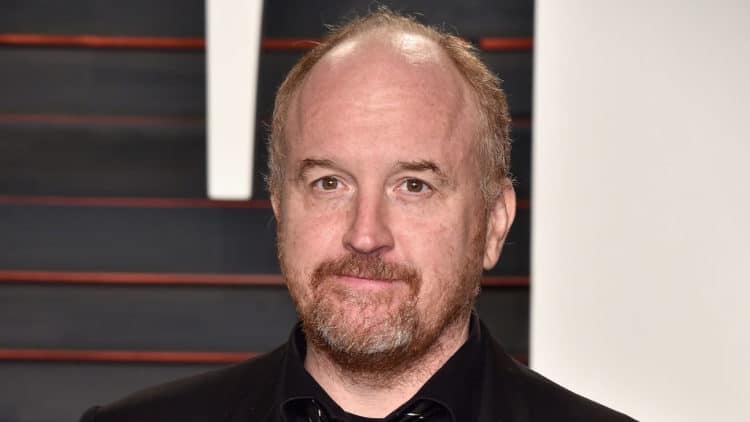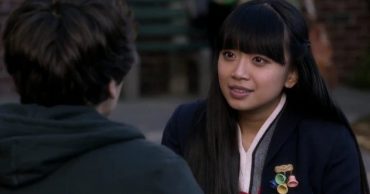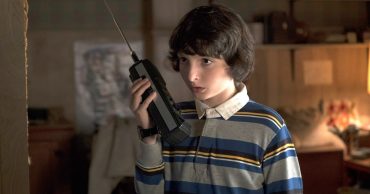
It is difficult to bring up the name Louis CK without addressing his sordid history. However, as someone reporting on his comedy, I have no interest in providing opinions on the unseemly topic of which nearly everyone has already made up their minds about. After getting his shows, tours, and films cancelled, CK took a break from the spotlight and industry from 2017 to 2020. The stand up special Seriously Louis CK was released in April of 2020, and was aimed at addressing his behavior that forced him to step away from comedy for nearly three years. Over his stand up comedy career spanning 37 years, CK has cultivated his dry style of observational comedy into one unique from most, in that he presents information in an interesting and at times lofty way, but always has the determination to take each joke or story further than an audience is comfortable with. The subject matter in Sorry spans from sexuality, the trans movement, pedophilia, and the pandemic, among other taboo topics which he knows he cannot speak on with any authority or even decency, but does anyway in an effortlessly bleak manner. If you saw the title Sorry and expected an apology from the far-fallen comic, it behooves you to know that the special is without one.
Before CK was cancelled, he had released five hour-long specials, was writing and producing the show Louis, as well as Baskets, and had just finished making the movie I Love You Daddy. Once the NY Times published the allegations from several women for his lewd predatory behavior, everything got pulled from production, and most streaming services temporarily or permanently stopped offering his work. After his public apology, most believed that he would simply retire from the spotlight seeing that nearly all networks and productions companies were no longer willing to work with him. After his three year hiatus from the spotlight, CK, who is keen on making sure he owns the rights to his works, saw to producing his specials and offering them from his website for purchase and rental. This was also done to essentially shield himself from criticism by those that already hate him. With the special only available through his site, he does not have to face the backlash of releasing his work on a platform that might pull it due to public outcry.
The show begins with Bob Dylan’s “Like a Rolling Stone” playing as CK walks out onto the Hulu Theatre at Madison Square Gardens. Donned in his usual black shirt (undershirt showing), jeans, and sneakers, he begins his set with a quick sexual joke, probing the audience for a first laugh. The pandemic-pent-up audience obliges, and Louis digs into discussing his efforts of self-discovery throughout this time of isolation. CK discusses his loneliness by talking about his long-distance girlfriend Blanche Gardin, a popular French comedian and actress based in Paris. There is, as with his previous special Sincerely, a certain uncomfortable stillness in the air during the performance, produced by the shame of seeing someone outed for their behavior. In the first minutes of his set, CK asks the audience “How are you all doing living the way I have for the past few years? Can’t work, can’t go outside, can’t show your face.” He does this to skirt around the elephant in the room and create a sameness with the audience, which is something he endeavors to try to establish throughout the rest of his set.
Throughout the hour-long special you are forced to recognize that CK’s style has not changed, and I’m not sure that is a good thing. Over the course of comedians careers’, many evolve their acts into a performance with less punchlines and more points, and points were spotty in Sorry. This evolution usually occurs when comics age, but more obviously, when society alters it’s moral compass. Due to the efforts of movements like Black Lives Matter, Me2, and other inclusive grassroots groups set on making the world a fair and equitable place, the arts, comedy especially, have changed in order to suit a changing sense of humor. In many ways, comics addressing taboo subjects is no longer warmly welcomed by the public. This change is at odds with what many careered comics set out to do— discuss the uncomfortable in a humorous way to bring down some of the intensity in opposing sides. With that said, comics are necessary, as they are some of the only people in the spotlight that talk about topics that are distressing, but it should be done with a great deal of caution and irony. Comedy has always been a keen representation of what people feel but do not express, which is why the field is exceedingly diverse. This is the effort of CK in Sorry, but much of what he discusses is too firmly planted in making fun, or punching down, making the aging and isolated comic seem out of touch with the everyday concerns of a changing society.
Many of CK’s transitions from one topic to the next deeply reflect his early career. There are cheap race-based impressions that seem to not guide the audience to the next joke, but yank them into something on the margins of relevance to the subject at hand. In one instance, CK pauses to change topics in the show, which is normal, but then told a tangent of a story about a Puerto Rican man in an antismoking commercial, before ultimately talking about his qualms with the film Good Will Hunting. The performance seemed less of a fluid critique of the idiocy in society, which was intended, and more of a shuffled playlist of jokes. All this said, the act is effective in that CK delivers exactly who he has always been with great timing, cringeworthy self-loathing jokes, and a curious understanding of the awful state of the world.
The overarching idea of the stand-up set is relevant and meaningful, but CK’s material and execution comes off as careless towards the topics he engages with. This is to be expected from CK, as his style is founded in diving into inherently uncomfortable ideals, actions, or cultural mores at the time from a perspective that makes the known foreign. By parsing out details and discrepancies of what popular American culture finds important, CK highlights the hypocrisies of movements young people ardently stand out in the streets to protest. It should be understood that CK admittedly does not care about either side of the movements he criticizes, faithfully falling back on his fatalist conclusion that we all die, therefore life is of little consequence. The true meaning behind the title hides beneath the surface of all that is discussed. Over the past decade or so celebrities, politicians, and all forms of people in the public eye have been forced to recon with the fact that everything they have done, do, and will do will be drastically scrutinized by the public, no matter your station in life. Comedians however, for what seems like forever, have always shied away from public apologies, as they are in the business of satire. To apologize for a joke is essentially saying that you do not stand behind the art you create, as jokes needn’t be taken seriously. CK’s Sorry is a commentary on the hypersensitive moral culture we are all submerged in by way of media. The irony lies in his usual, indifferent, nihilist world view as he meanders around stage deciding that really nothing matters. This is the same black shirt and sneakers wearing Louis CK he has always been, for better or worse. Louis CK dedicated the show to the late Norm Macdonald, another comic well known for saying what people thought, but dared never utter.CK was cancelled
 Follow Us
Follow Us





